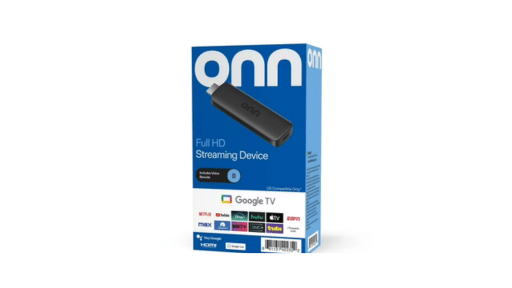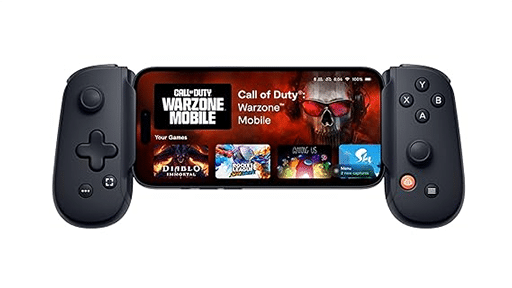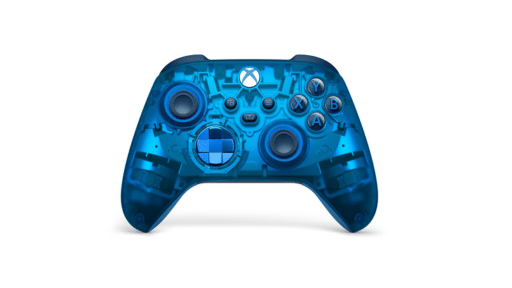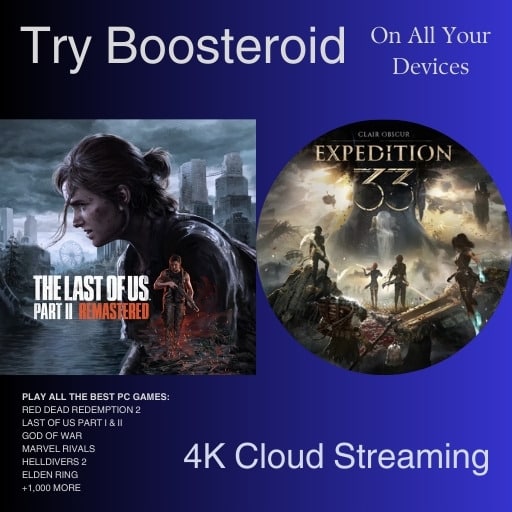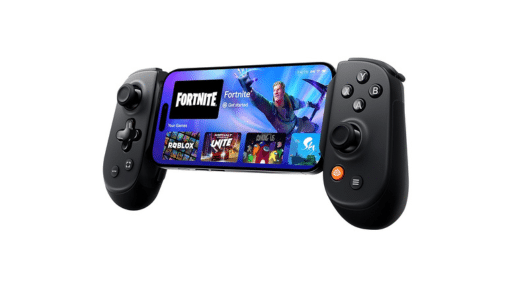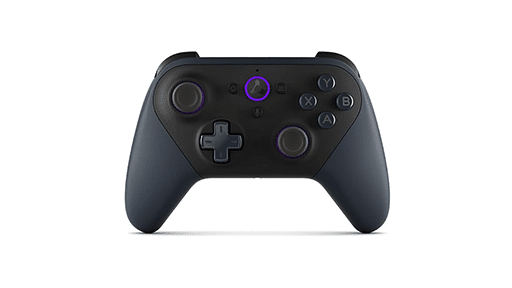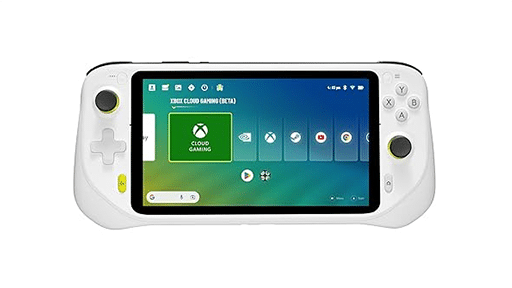
In the hushed sanctuary of her room, bathed in the ethereal glow of a monitor, Sarah’s fingertips dance on the edge of possibility. The customized controller before her is more than mere plastic and circuitry—it’s a bridge spanning the chasm between limitation and liberation.
With a whisper of movement, barely a ripple in the air, Sarah breaches the boundary between worlds. Colors explode across the screen, a digital Big Bang birthing new universes of potential. In this moment, muscular dystrophy loosens its grip, and Sarah soars unfettered.
Here, in this luminous realm, she is not defined by what her body cannot do, but by what her spirit can achieve. She is an explorer, creator, conqueror—her avatar an extension of her indomitable will. Each pixel that flares to life is a tiny rebellion against the constraints of flesh and bone.
This is not escapism. This is an emergence.
Welcome to the dawn of a new era in gaming – one where the boundaries between ability and disability blur, where the playing field levels, and where the only limit is the scope of one’s imagination. This is the world of cloud gaming, and for gamers with disabilities, it’s nothing short of revolutionary.

The Rise of Cloud Gaming: A Paradigm Shift
Cloud gaming represents a seismic shift in how we conceptualize and interact with video games. No longer tethered to expensive hardware or complex physical setups, cloud gaming promises high-quality gaming experiences to anyone with an internet connection. This democratization of gaming is particularly significant for individuals with disabilities, many of whom have long been excluded from traditional gaming setups.
For many people I talked to with limited means, before cloud gaming, there was a feeling of being a step behind. Consoles were difficult to procure and to use, and PC gaming required constant upgrades that gets expensive quickly. Now, though, they can play the latest titles without worrying about hardware limitations. It’s opened up a whole new world for many people.

The technology behind cloud gaming is complex, but the concept is simple: games are run on remote servers and streamed directly to the player’s device. This means that even graphically intensive games can be played on relatively simple hardware – a smartphone, a tablet, or a basic laptop – a chromebook even!
For many gamers with disabilities, this accessibility is life-changing. Mark*, who has been using a wheelchair since a car accident in his teens, shares: “I used to struggle with setting up gaming systems. The physical aspect was challenging. With cloud gaming, I just log in, and I’m ready to go. It’s given me back a part of my life I thought I’d lost.”
Adaptive Technology: The Great Enabler
While cloud gaming has removed many hardware barriers, it’s the realm of adaptive technology that’s truly revolutionizing how gamers with disabilities interact with their favorite pastime. Devices like the Xbox Adaptive Controller and the PlayStation Access Controller are at the forefront of this change.
These aren’t just peripherals; they’re gateways to experiences once thought unattainable. The Xbox Adaptive Controller, for instance, features large programmable buttons and can connect to a wide range of external devices. This allows gamers to create custom setups tailored to their specific needs.

Lisa*, a gamer with cerebral palsy, describes her experience: “I’ve always loved gaming, but traditional controllers were a nightmare. The Adaptive Controller changed everything. I can map controls to switches I can easily hit. Now, I’m not just playing games – I’m competing on an even footing with able-bodied gamers.”
But adaptive technology goes beyond controllers. Eye-tracking software allows gamers with limited mobility to control games with eye movements. Voice command systems enable hands-free gaming. Sip-and-puff controllers respond to breath, opening up gaming to individuals with severe physical limitations.
These technologies, combined with the accessibility of cloud gaming, are creating a more inclusive gaming landscape than ever before.
The Emotional Impact: More Than Just Games
The significance of this gaming revolution extends far beyond entertainment. For many gamers with disabilities, it’s about reclaiming a sense of normalcy, independence, and social connection.
A study by Oxford University found that time spent playing games is positively associated with well-being. For gamers with disabilities, this well-being boost can be even more pronounced. Gaming provides stress relief, a sense of achievement, and crucially, a way to connect with others.
Tom*, who struggles with social anxiety due to his autism, found a lifeline in online gaming: “In the real world, I often feel overwhelmed and misunderstood. In games, I can be myself. I’ve made friends from all over the world. We don’t see each other’s disabilities – we just see fellow gamers.”
This sense of community is a theme among gamers with disabilities. Online multiplayer games, made more accessible through cloud gaming and other technologies, provide a space where physical limitations become irrelevant. In these virtual worlds, gamers are judged on their skills, strategies, and teamwork – not their physical abilities.
For many, this leads to increased confidence that spills over into other areas of life. Sarah* shares: “Since I started gaming more seriously, I’ve become more confident in my daily life. If I can lead a raid in an MMO, why can’t I speak up in a work meeting? Gaming has taught me that I’m capable of more than I thought.”
Challenges and the Road Ahead
Despite the incredible strides made in gaming accessibility, significant challenges remain. Latency – the delay between a player’s action and the game’s response – can be more than just an annoyance for gamers with disabilities. For those relying on precise timing or using adaptive technologies, even slight delays can be game-ending.
Additionally, while cloud gaming has solved many hardware issues, software accessibility remains a concern. Many games still lack comprehensive options for visual, auditory, or cognitive accommodations. Subtitles, colorblind modes, adjustable text sizes, and remappable controls should be standard, not exceptions.

Steve Spohn, Chief Operations Officer at AbleGameers, a charity dedicated to improving the lives of gamers with disabilities, emphasizes the work ahead: “We’ve made incredible progress, but we’re not done yet. Every gamer deserves the chance to play, to connect, to escape, to thrive. We’re pushing for a future where accessibility is built into every game from the ground up.”
“We’ve made incredible progress, but we’re not done yet. Every gamer deserves the chance to play, to connect, to escape, to thrive. We’re pushing for a future where accessibility is built into every game from the ground up.”
The issue of internet accessibility also looms large. While cloud gaming has the potential to make high-quality gaming experiences more accessible, it relies on a stable, fast internet connection – something not universally available, particularly in rural or economically disadvantaged areas.
The Power of Community and Advocacy
In the face of these challenges, the gaming community has shown remarkable resilience and solidarity. Organizations like AbleGamers, SpecialEffect, and the Able Gamers Charity are at the forefront of advocacy efforts, pushing for greater accessibility in gaming.
Organizations like AbleGamers, SpecialEffect, and the Able Gamers Charity are at the forefront of advocacy efforts, pushing for greater accessibility in gaming.
These organizations do more than just provide equipment. They’re fostering a movement, giving voice to gamers who have long been underrepresented in the industry. They work directly with game developers and hardware manufacturers to ensure that accessibility is considered from the earliest stages of design.

Ian Hamilton, an accessibility specialist in the gaming industry, notes: “We’re seeing a shift in how the industry approaches accessibility. It’s no longer an afterthought – it’s becoming a fundamental part of game design. And that’s largely due to the tireless efforts of advocacy groups and the vocal support of the gaming community.”
This community support extends to the gamers themselves. Online forums and social media groups dedicated to accessible gaming have sprung up, providing spaces for gamers to share tips, troubleshoot issues, and offer emotional support.
Emily*, a gamer with a visual impairment, describes the impact of these communities: “When I first lost some of my vision, I thought my gaming days were over. But I found this amazing online community of gamers with similar challenges. They taught me about accessibility features I didn’t know existed and gave me the confidence to keep gaming. It’s like a second family.”
The Future of Inclusive Gaming
As we look to the future, the potential for even greater inclusivity in gaming is exciting. Advancements in artificial intelligence and machine learning could lead to games that adapt in real-time to a player’s needs. Virtual and augmented reality technologies, when made accessible, could provide immersive experiences for gamers with a wide range of abilities.
Cloud gaming, too, continues to evolve. As infrastructure improves and technologies advance, issues like latency will likely decrease. This could open up even more genres of games – like fighting games or twitch shooters – to gamers who currently find them challenging due to timing issues.
But perhaps the most significant change will be in perception. As more gamers with disabilities enter the mainstream gaming world, visibility increases. This representation is crucial, not just in the gaming community, but in society at large.
Mark* (another gamer I met online) reflects on this: “When I was younger, I never saw gamers like me represented in marketing or esports. Now, I see gamers with all kinds of disabilities competing at high levels, streaming, and being featured in ads. It sends a powerful message – we belong in this world too.”
A Call to Action
As we stand on the cusp of this gaming revolution, we must recognize that the true power lies not in the technology itself, but in the human spirit it unleashes. Every adaptive controller is a key to locked potential. Every accessible game is a canvas for dreams once thought impossible. Every moment of play is a victory against limitation.
For Sarah, Mark, and countless others whose stories we’ve explored, gaming isn’t just a pastime – it’s a lifeline. It’s the laughter shared with friends over voice chat, the pride of achievement against all odds, the simple joy of play that is the birthright of every human, regardless of physical ability.
It’s the laughter shared with friends over voice chat, the pride of achievement against all odds, the simple joy of play that is the birthright of every human, regardless of physical ability.

But this revolution is not complete. It demands our attention, our effort, our unwavering commitment to a future where the word “gamer” knows no physical bounds. A future where the only barrier to entry is imagination, and the only limit is the scope of our dreams.
So let this be a rallying cry. To developers, let accessibility be your north star. To able-bodied gamers, be the allies and advocates that your fellow players need. To those with disabilities, let your voices ring out, loud and clear, shaping the future of this medium we all love.
For in the end, this is about more than games. It’s about human dignity. It’s about equality. It’s about the fundamental right to joy and connection that every person deserves.
As we write the next chapter in gaming history, let it be one of inclusivity, of empowerment, of barriers shattered and limitations defied. Let it be a story where everyone gets to be the hero.
The controller is in our hands. The power to change the game is ours. Together, let’s press start on a future where every player, regardless of ability, can find their place in the vast, vibrant world of gaming.
Because in this game of life, everyone deserves to play. And with each advancement, each act of inclusion, we move closer to a world where they can.
This is not just the future of gaming. This is the future of humanity. And, it starts with us, here, now.
Game on.
[Note: Pseudonyms were used throughout this article to protect the privacy of individuals.]
To delve deeper into the world of gaming accessibility and find support, check out these valuable resources:
- AbleGamers: A charity organization that provides adaptive gaming equipment, support, and advocacy for gamers with disabilities.
- SpecialEffect: A UK-based charity dedicated to helping disabled people enjoy video games.
- Disabled Gamers Subreddit: Another Reddit community focused on discussions and support for gamers with disabilities.
- CAN I PLAY THAT?: A website offering accessibility reviews, news, and information on games and technology for disabled gamers.
- Game Accessibility Guidelines: A comprehensive resource for developers and players to learn about best practices in game accessibility.

